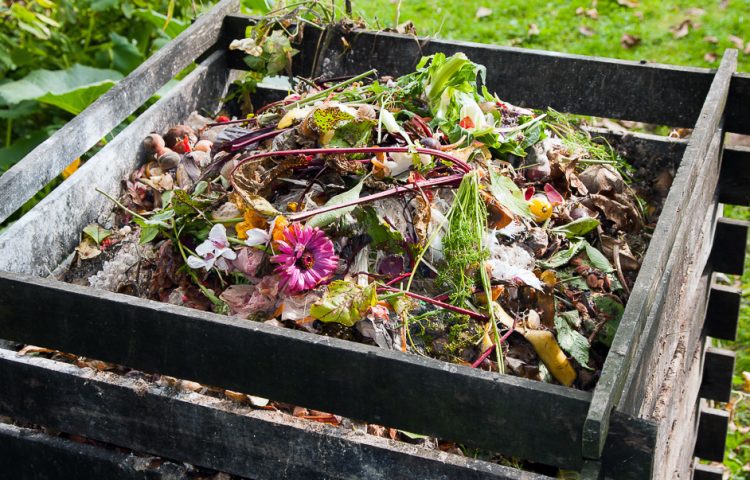By Peter from Gardening Stuffs
Composting is practiced by gardeners and non-gardeners alike for a long time now.
Haven’t tried composting yet? Then you’re probably missing a lot on the benefits of making compost for your own garden.
Read on to know the advantages of composting, the most common types of making compost, how to make compost yourself, what composting techniques you can use, and how you can best prepare your compost for gardening.
What Is Composting?
Technically, composting is the decomposition, in a natural way, of organic material such as plant and food waste. This is executed by fungi, bacteria, worms, and more organisms with the help of oxygen under controlled conditions.
Compost is defined as an organic material that you can add to the soil to help your plants grow with sufficient nutrients. You may purchase compost or prepare it yourself by using the waste materials from your home and garden.
Basically, people have been making their own compost to use for their home gardens and to eliminate throwing food waste directly into the trash where it cannot be utilized into anything.
Backyard Composting
Making compost actually allows you to cut back on food waste while turning it into something that can enrich your garden and your home.
Nonetheless, making compost for gardening has a lot of misconceptions, despite the fact that many have already been practicing it. Other people might say that composting is too complicated and that it is smelly and messy.
The above might be true if you try to compost using the wrong method. Making your own compost the right way is simply layering organic materials — including food waste and a bit of soil — to create something that will turn into humus.
The point is, composting is doable. And backyard composting is even more convenient.
To learn how to make compost step by step check out the full blog here:

